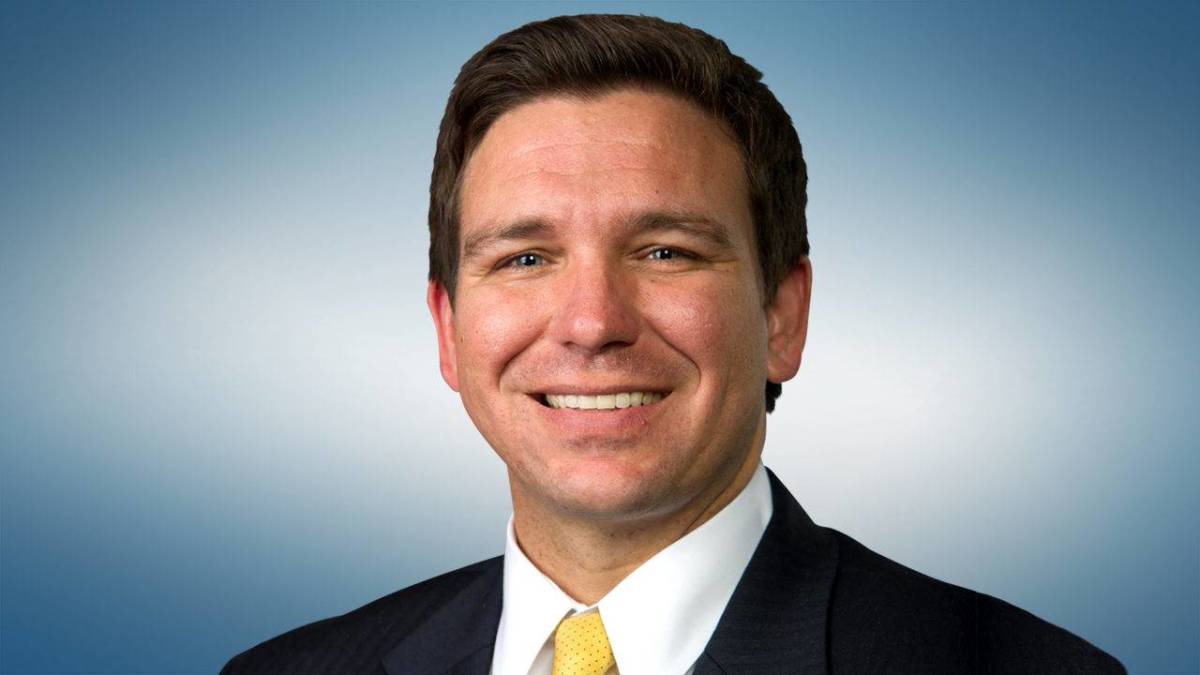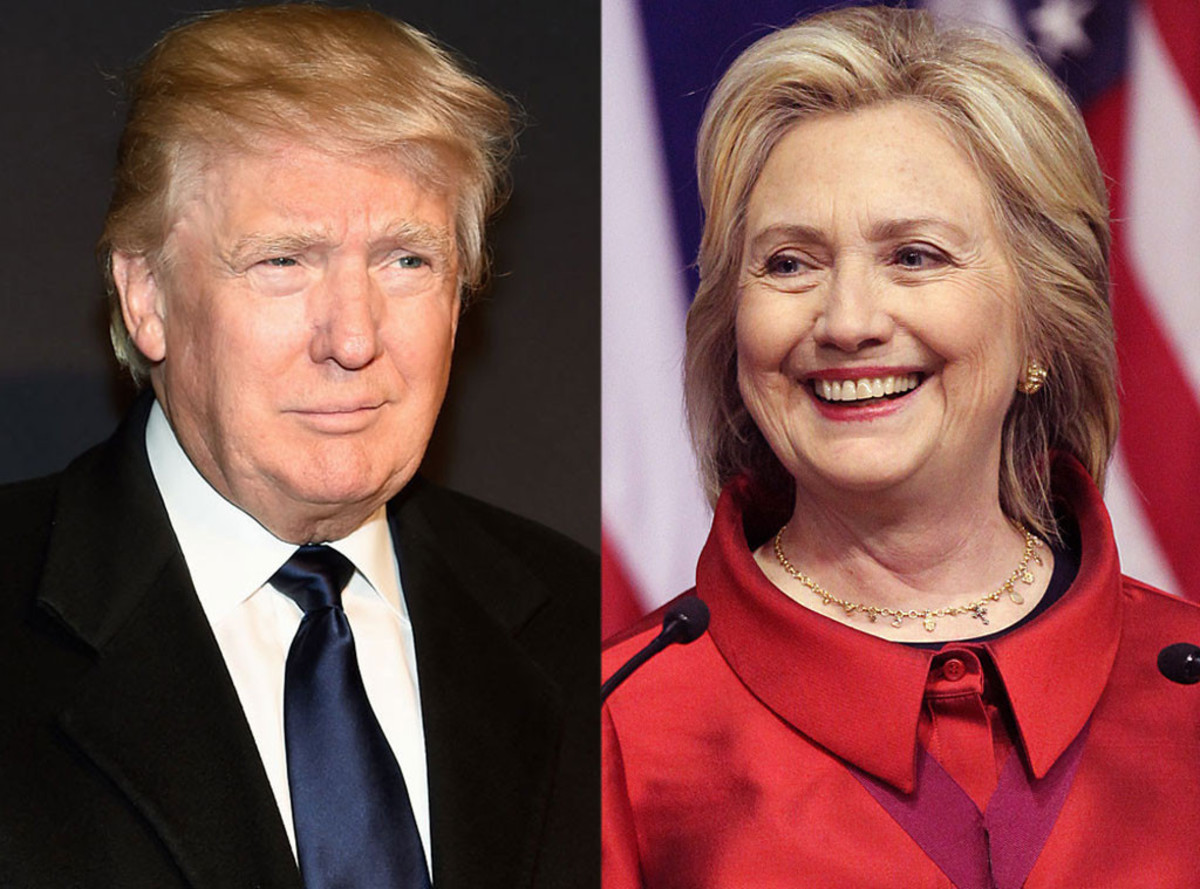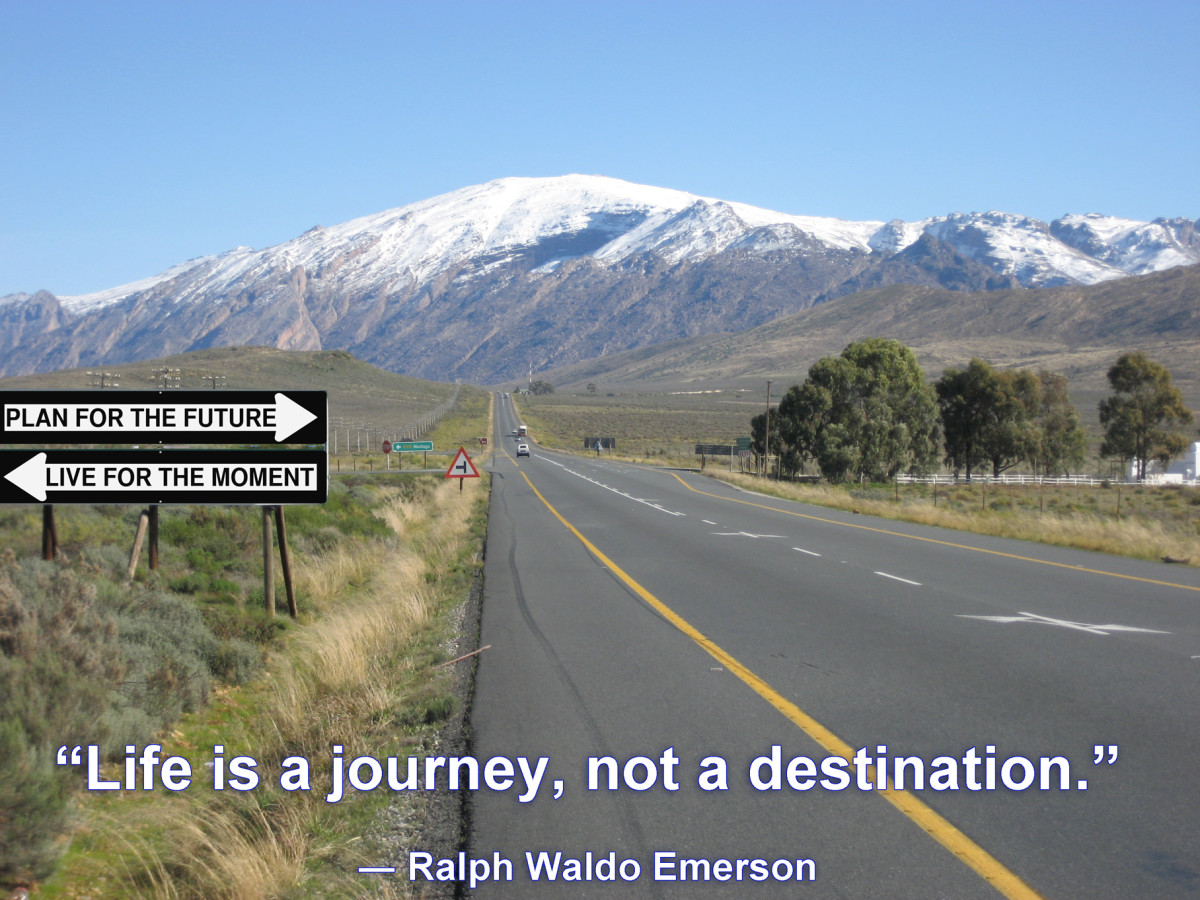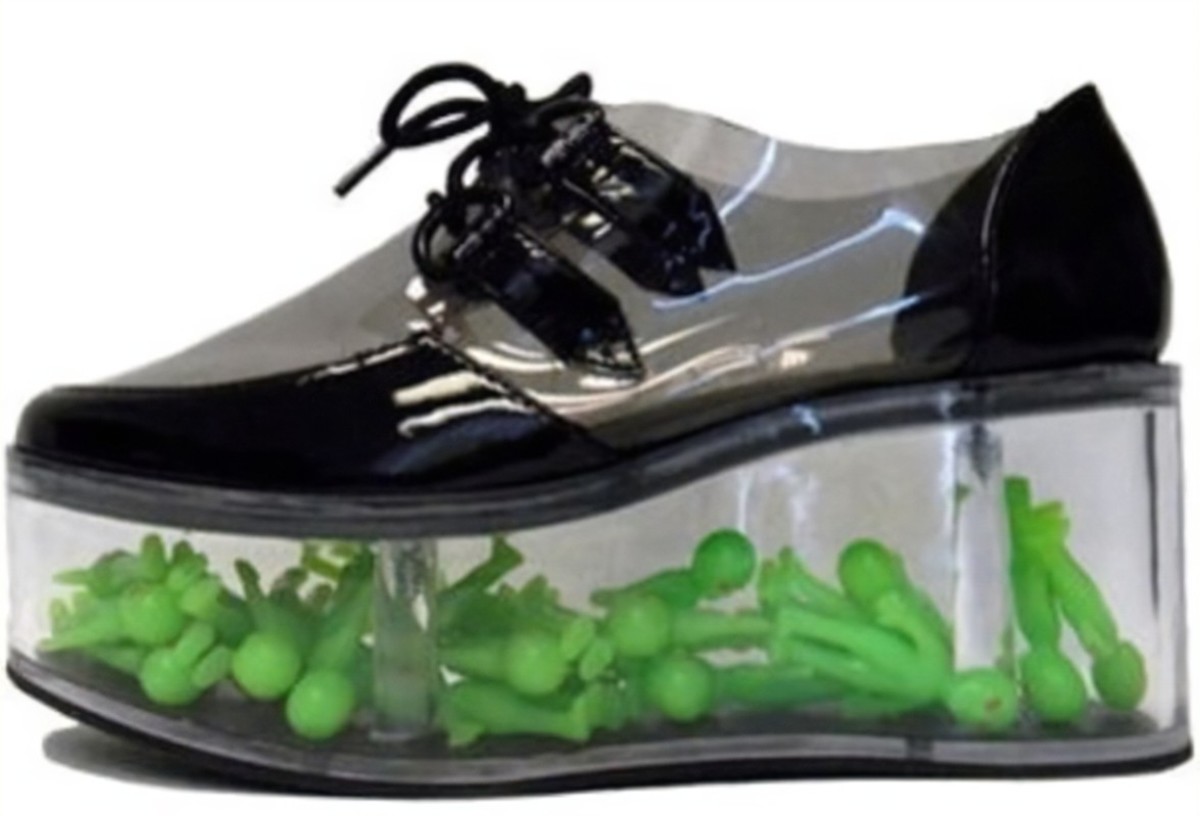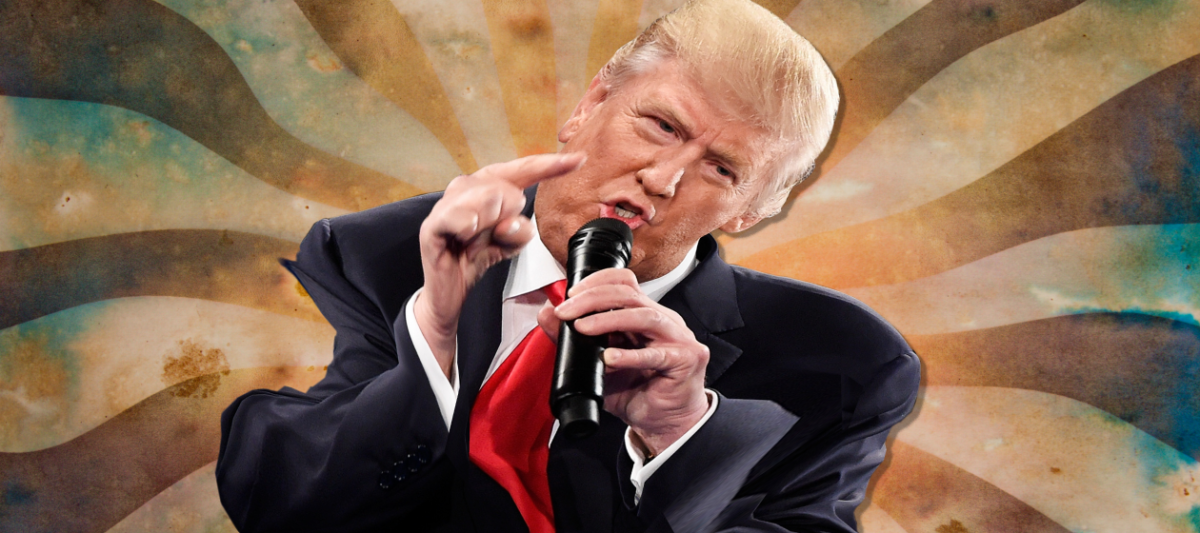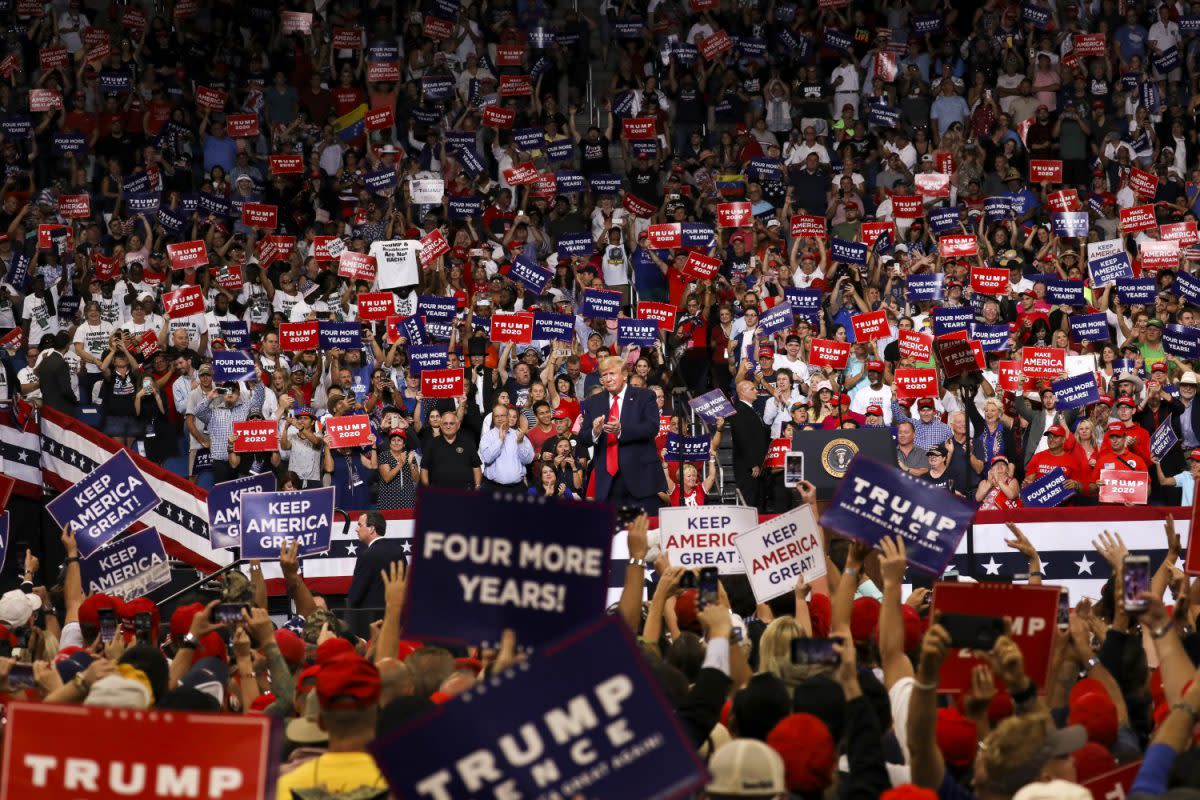Political Mindfulness

The presidential election in the United States is a high profile event. During the campaign, each candidate uses all means at their disposal to convince voters that they are the better choice. Their arguments are based on two premises: 1) that they are a better choice and 2) that their opponent is a worse choice. These arguments are presented to the American public via television, radio, telemarketing and the Internet both directly and indirectly. The election is as much a contest of effective message delivery as it is of message itself.
Candidates attempt to prove that they are a better choice by sending messages about what they did and what they will do. What they did in the past is somewhat relevant. Naturally if someone was unethical or criminal they might be a bad choice, yet perhaps the lessons they learned from their past mistakes might bring an important perspective to government at exactly the right time. However, since no one can predict the future, there is no possible way to know whether this would be the case.
For this reason each candidate endeavors to highlight failures in the other’s past. This is the essence of what is called, “negative campaigning.” The strategy of negative campaigning urges that the voters judge the candidates on the basis of whom they fear the most. Typically this is where name-calling is used. “Liberal,” “conservative,” “socialist,” “tax and spend,” and “tax cuts for the wealthy” are some examples. These labels are meaningless, because they invite us to label someone as part of a group who theoretically all think the same thoughts.
There is no more ludicrous idea in the universe. No one ever thinks the same thoughts as anyone else. It is a neurological impossibility. No one ever has exactly the same idea as anyone else. Therefore to grasp at a label in an attempt to define a candidate for President of the United States - or anyone else for that matter - is a complete waste of time and energy. Furthermore, to attempt to predict what a person will do as a result of their label simply makes no sense at all.
And since no one can predict the future, all of the candidates’ statements of “I will” or “I will not” are irrelevant. For example, “I will cut taxes,” they say, or, “I will not raise taxes;” these statements are meaningless. Neither candidate knows what will happen. There may be circumstances in which it would be unwise to cut taxes, or in which it would be imperative for the good of the nation to raise taxes.
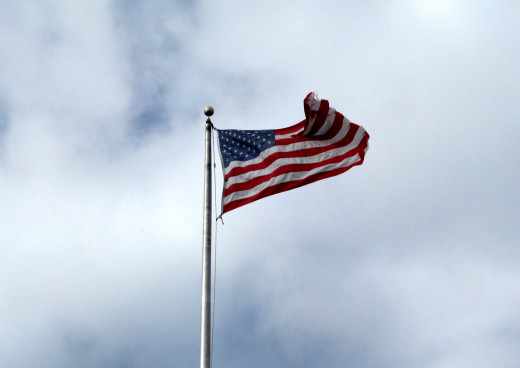
In the past, the actions of each presidential candidate influenced the future that is now our present. However, in a practice of mindfulness, the present moment is all there is. Looking at the present moment though a lens filtered by neither past nor future, realizing that every moment is irreplaceable and unique, we can only look at the present moment and be grateful to have it. You lived moments in the past, but you cannot live those moments now. You may (and probably will) live moments in the future, but you cannot live those moments now, either. They only moment you that can live right now is the present one. That is why it is of paramount importance to enjoy this moment right now to the best of one’s ability. When the next moment comes, it becomes the most important, and so on.
Usually the challenger will say that the present moment is in some way bad, but since we are so grateful for it, we know that this cannot be true. Therefore the challenger’s criticism of the incumbent’s actions that brought on the present is to a great extent irrelevant. Usually the incumbent will say that the today is better than the past in some way. This is equally false because in reality every moment is equally precious. Yesterday cannot be inferior to now, because every moment of yesterday was equally precious to every moment of today.
The only reality in the messages from either candidate is what can be gleaned from their assessments of what they have done and their statements about what they intend to do. Their assessments of their own accomplishments reflect their learning (or lack thereof) from their experiences. If one ran a business, what did they learn from that experience? If another was President of the United States, what did they learn as President?
Unfortunately we are deprived one of the most powerful tools of character assessment because no candidate ever admits they made a mistake. Of course we all know that absolutely everyone makes mistakes. This is part of what makes us human. But it is often not our mistakes that define us; it is how we make up for our mistakes. To hear the stories of our candidates’ mistakes would be an invaluable tool to help us decide how to cast our votes.
Instead we are fed a fantasy of larger-than-life candidates for president who apparently make no mistakes. All that is left to us is to make the best of the situation - to maximize the potential of all of each and every moment. All we can do is use our brains and hearts to try to discern who is speaking from expediency and who is speaking from the heart; which candidate has a plan and which one has only slogans; and which candidate speaks their own words and who speaks words they have been told to speak.
Both candidates seem to succumb from time to time to the seduction of the strategist and both are somewhat reactive to the fear of losing the election, yet both have moments of fearlessness in which actual truth can be seen. American voters, I believe, have a responsibility to use all of their senses to try to discern the truth about each candidate. Try to leave your preconceptions behind. Try to see beyond the grooming - of both of their appearance and their rhetoric - and catch a glimpse of the real person. You owe it to yourself and to the rest of the electorate to vote for a person and not for a caricature.
That said, how much does it matter whom we elect as President of the United States? It matters a great deal, but not in the way you may think. The President is a seed, and the President’s term in office will be a crop. If we sow the seed of fear by voting out of fear for the future, what harvest will we reap? If we sow the seed of regret by voting out of regret, how much different would that harvest be? But if we sow the seed of setting a high value on each moment, or the seed of love for our fellow humans, or the seed of confidence in the inherent generosity of the Infinite, would not that crop yield the most bountiful harvest of all?
Americans: listen carefully, vote mindfully. Peace to you and your family.


